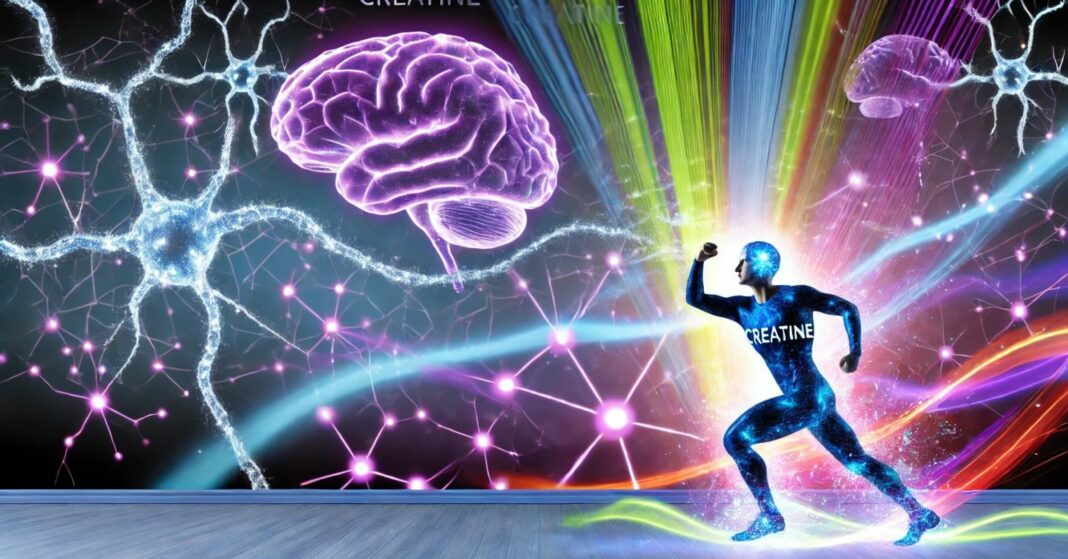The Benefits of Creatine for Brain Energy
What is Creatine?
Creatine is a natural substance that plays a key role in energy production in the body. It is produced in the liver, kidneys, and pancreas, and can also be obtained through diet, mainly from animal sources like meat and fish. Creatine is most well-known for its role in enhancing physical performance in athletes, but recent research has also shown that it may have benefits for brain energy and cognitive function.
How Does Creatine Work in the Brain?
Within the brain, creatine is converted into phosphocreatine, a molecule that helps to replenish adenosine triphosphate (ATP), the primary source of cellular energy. By increasing the availability of ATP, creatine can enhance cellular energy metabolism and support various brain functions, including neurotransmission, synaptic plasticity, and neuroprotection.
The Benefits of Creatine for Brain Energy
Research has shown that creatine supplementation can improve cognitive function in both healthy individuals and those with cognitive impairments. Studies have demonstrated that creatine can enhance working memory, executive function, and mental processing speed, particularly in tasks that require short bursts of intense mental effort.
Furthermore, creatine has neuroprotective properties that may help to prevent or reduce neuronal damage in conditions like traumatic brain injury, stroke, and neurodegenerative diseases. By enhancing cellular energy metabolism and reducing oxidative stress, creatine can support brain health and function under various pathological conditions.
How to Use Creatine for Brain Energy
Creatine supplements are widely available in the form of creatine monohydrate powder or capsules. The typical dosage for brain energy and cognitive enhancement is around 5 grams per day, although individual needs may vary. It is important to consult with a healthcare provider before starting any new supplement regimen, especially if you have any underlying health conditions or are taking medication.
Conclusion
In conclusion, creatine is a natural compound that plays a vital role in brain energy metabolism and cognitive function. By increasing ATP availability and supporting cellular energy production, creatine supplementation can enhance mental performance, protect against neuronal damage, and promote overall brain health. Incorporating creatine into your daily routine may be beneficial for maintaining cognitive function and supporting brain energy levels, especially in times of increased mental demand or stress.
FAQs
1. Is creatine safe for brain health?
Creatine is generally considered safe for most people when used as directed. However, individuals with kidney disease or other medical conditions should consult with a healthcare provider before taking creatine supplements.
2. Can creatine improve memory and cognitive function?
Research suggests that creatine supplementation can improve working memory, executive function, and mental processing speed in both healthy individuals and those with cognitive impairments.
3. How long does it take to see the benefits of creatine for brain energy?
The effects of creatine supplementation on brain energy and cognitive function may vary from person to person. Some individuals may notice improvements in mental performance within a few weeks, while others may require longer-term supplementation to experience benefits.




